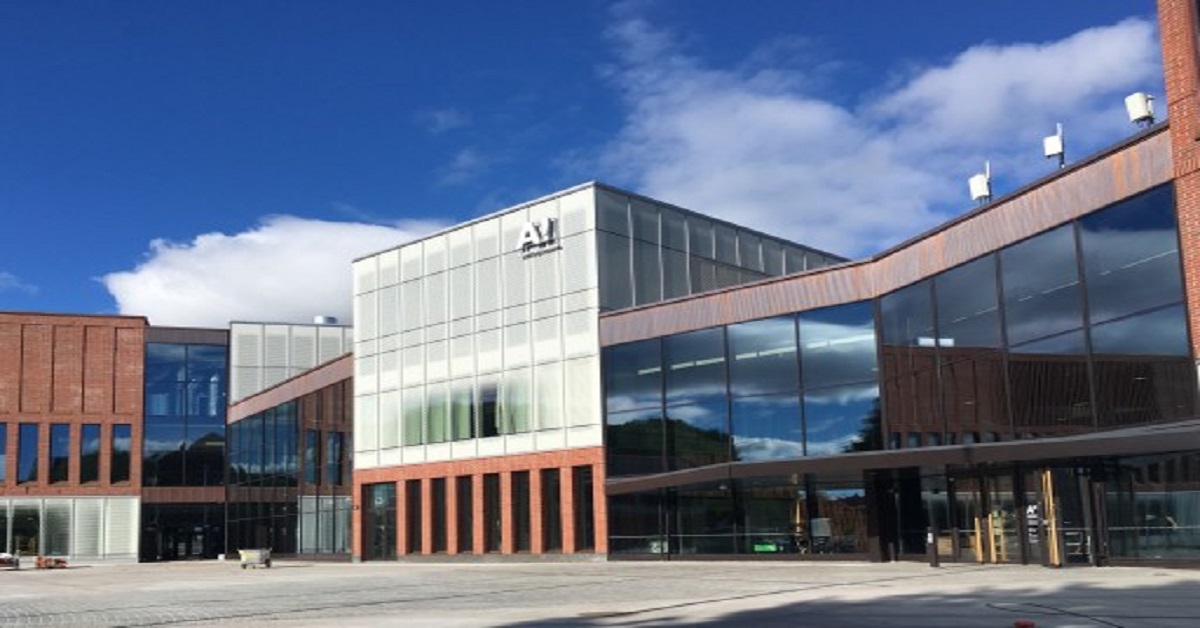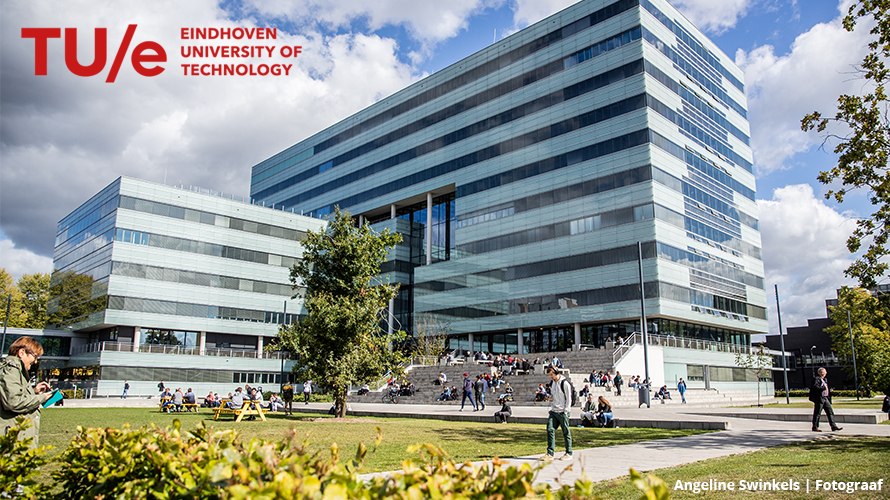The Biochemistry group (http://bio2.aalto.fi/en/research_groups/biochemistry/) develops metabolic pathways and enzymes for the conversion of CO2 to fuels. We are looking for a
Postdoctoral Researcher with strong knowledge in Biochemistry / Enzymology
Research is carried out at our excellent facilities at Aalto University, School of Chemical Engineering (http://www.bioeconomyinfra.fi/). The laboratories are situated on the main campus of Aalto University in Otaniemi (short metro-ride from Helsinki) within the Department of Bioproducts and Biosystems (http://bio2.aalto.fi/en/).
Research description
Most experiments will be performed in anaerobic chambers. Possible projects are:
Tune enzymes and redox cofactors for biotechnological CO2 reduction
Design of synthetic metabolic pathways
In vitro pathway design in order to study the bioenergetics/thermodynamics
Study archaeal enzymes and elucidate their reaction mechanisms
Possible projects also involve NMR spectroscopy, synthesis of substrate analogues, or electrochemistry
Your experience and ambitions
PhD in a suitable field, such as biochemistry, enzyme engineering, (bio)organic chemistry, NMR spectroscopy of biomolecules
Be highly committed to science and strive for excellence
Develop own smart ideas and think independently
Be able to focus on solving tough scientific problems
Have good written and oral communication skills in English
Skills, knowledge or interest in some of the following areas are highly appreciated:
Enzymology, protein purification
Metabolic modelling and thermodynamics
Spectroscopic methods (HPLC, NMR, EPR, Electrochemistry)
Solid understanding of organic chemistry and reaction mechanisms
We offer
High-end laboratory infrastructure and friendly colleagues
Opportunity to join a young, ambitious research group
Freedom to bring in own ideas
Funding for 2 years
For more information
For additional scientific information, please contact Prof. Silvan Scheller (firstname.lastname@aalto.fi).
Ready to apply?
If you want to join our community, please submit your application, through our recruitment system from the link below, before August 31st, 2021. To apply, please share the following application materials with us (in English, only pdf documents):
Cover letter (start as follows: “I am interested in this position because… “)
CV, incl. list of publications
Research interest description
Names and contact details of references (or to be provided upon request)
Aalto University reserves the right for justified reasons to leave the position open, to extend the application period and to consider candidates who have not submitted applications during the application period.
About Finland
Finland is a great place for living with or without family – it is a safe, politically stable and well-organized Nordic society. Finland is consistently ranked high in quality of life and was just listed again as the happiest country in the world: https://worldhappiness.report/news/its-a-three-peat-finland-keeps-top-spot-as-happiest-country-in-world/. For more information about living in Finland: https://www.aalto.fi/services/about-finland


